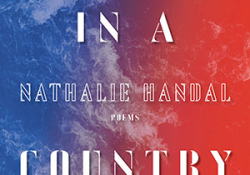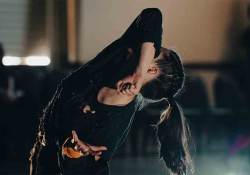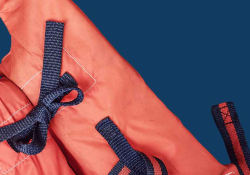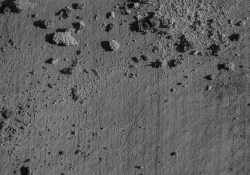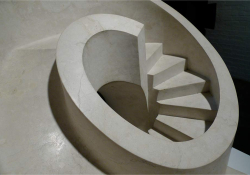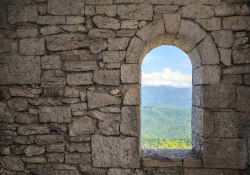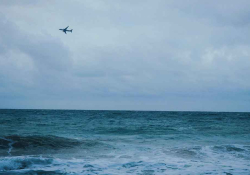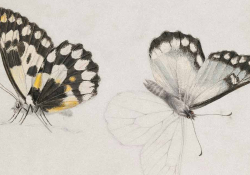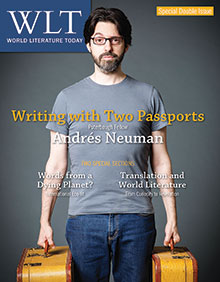Two Poems (and a Photo Gallery) by Nathalie Handal
Author note: These flash semi-témoignages or reportages are inspired by stories people told me It began as a personal account of my relationship to the island of Hispaniola—Haiti and the Dominican Republic—and moved to the voices I encountered because they were louder than mine. An earthquake hit Haiti on January 12, 2010. It had been over twenty years since I had been in Haiti for any length of time. I initially planned to go with Eve Ensler and a few members of the V-Day team after the earthquake, but unfortunately the trip was canceled. Not long afterward, Writers Bloc, led by Zadie Smith, Rachel Holmes, and others and sponsored by the Open Society Foundations, commissioned ten authors to write about education in a developing country from a personal lens. I chose Haiti and went there in February 2011, via the Dominican Republic, where my parents reside. Coincidentally, Edwidge Danticat was in Haiti visiting a women’s organization called We Advance, founded by Haitian activist Barbara Guillaume and American actress Maria Bello. Our time together took me to places I needed to return to but didn’t know how to reapproach. After that trip, I started working on these flash reportages.
Ten Drumbeats to God
I confess to stealing the tomb to bury my mother. I admit to emptying the gas tank my neighbor kept for blakawouts. I took the rope and the cakes of an old lady because she had more and I needed some. I stole a radio to eat. Stole medicine to sleep. I tried to forget I lay beside dead bodies but my eyes couldn’t shut. Tried to refill my heart but it stayed shut. I wished and wish some more to be dead and not an idea, a solitude, a shame. I summoned words tangled in debris, measured the distance of fire a mile into my voice. I took everything and a little more. Then I heard the drumbeats and remembered—like rain like song like light lit by old questions—there is no reason—there is god, drum, beat, there is what lingers and there is what comes later.
Strong Motion
He had to leave so he could see her. Count the chickens before he gave them away. Count the money under her bed. He had to leave to see his face vanish in hers. To recognize the country he is from. The good news is, he allowed himself to keep the accordion and recordings of some perico ripiao. He opened his mouth to accommodate the white moon, his body like a machine you turn off and on. On and off—when on it means he is sneaking into a place, disguised, the way church music is disguised when we pause to think how much meat costs. He had to walk miles to play dominos and allow the sea inside the tidy grave he dug in his heart. You can’t have a weak heart here. And milk isn’t cheap here, nor is melancholy or a funeral procession. He robs a banana leaf and lets the tropical thunder that evening steal it again. It’s only fair, he thinks. The warm wind whips night into an early beginning. And everything is now purple around him —his hands, the dark, the distance, and even the unused roads. Damn it, a man can’t even get drunk properly here. He lies flat on his back and imagines himself naked. Why take his clothes off if she is not next to him? After all, sleep lasts one hour in the countryside. Misery does that to a man. He has to walk miles to see a baseball game, to cross a cemetery and buy an orchid for her. She has a long neck and wide hips and breast like wild apples—hard and directionless. He decomposes grace to find another grace. Cuts pride to find another pride. He moves to belong to her. It’s disturbing how dictators can linger in a man’s chest. You inherit your father’s fears, the huge way in which he messed you up, like smoke tearing your gut open, like a toothache you let persist for a year to save money to buy her a dress she’ll never wear, because she works too hard and soil is wet now and the rain doubts it will return during the week. She must take advantage. Away with hunger and licking and sex and the question posed every night and the answer never told. He left to hear them again, but never could.











